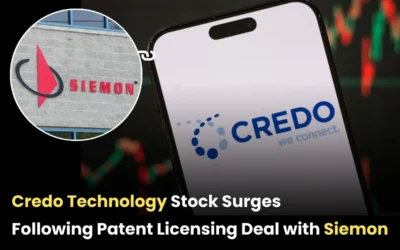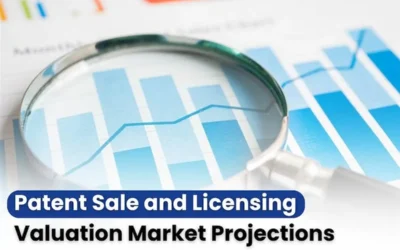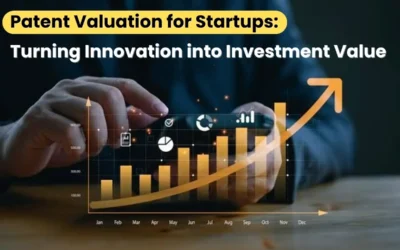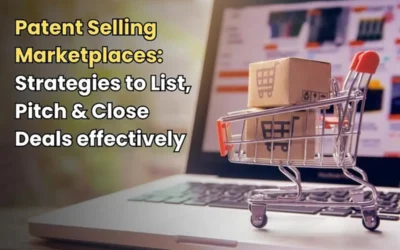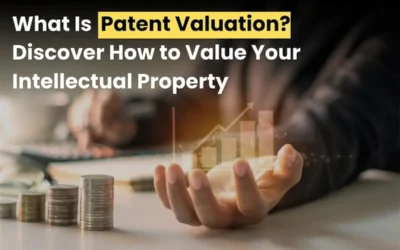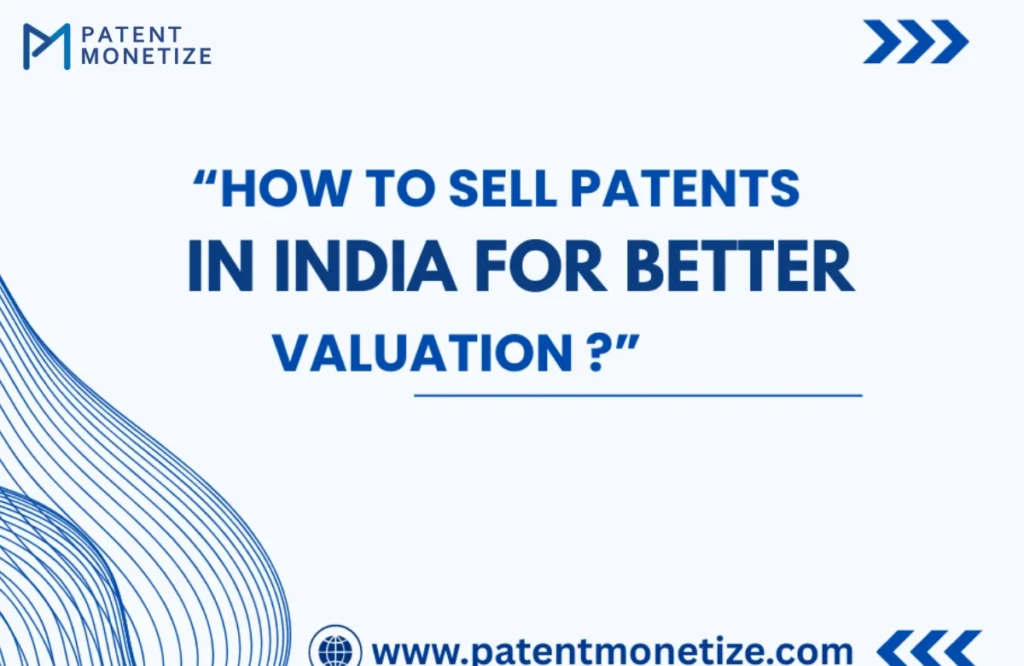
Patents are the most valuable intellectual properties that may fetch millions of dollars if sold. For instance, selling a patent at the best patent valuation available in India requires proper strategies-first, knowing how to propose a patent sale, the right buyer or buyers, and all the documentation in a manner that will ensure a smooth process. This article will guide you about sales of patents in India for maximum valuation, starting from basic ownership of a patent, tips to maximize your patent’s worth, and sell patents in India.
Meaning of Patent
Always know what a patent is and why it is valuable before entering into the process of sell patents in India. Here are the exclusive rights that the patent owner will enjoy in India, which will restrict others from making, using, or selling his particular invention without permission. Patent income is one of the highly generating sources of revenue, mainly for pharmaceuticals, technology, or manufacturing industries. And always be ready to sell your patent while paying all the legal requirements by the Indian Patent Office. Patent life is of 20 years; during this period, it can be sold, licensed, or transferred by the owner.
How to Sell Patents in India for Better Valuation
Patent sales involve a number of major steps. All of them lead you to acquire the best value for your patent. Here is an all-inclusive guide that guides you through the process
Your patent must be appropriately filed and allowed.
First, your patent should have been granted by the Indian Patent Office for it to be sold in India. The whole process may take years if your patent application is pending; hence, you are not likely to get a higher valuation. Thus, ensure that your patent has been granted with no legal challenge. A clear title and valid rights to the patent are very important so that the buyer will have no doubts about ownership.
Must Value for Patent Worth
Not all patents are equal. There are many variables that will dictate the value of your patent. These include the following:
- Novelty: How new and unique is your invention?
- Market Demand: Is there a market in industries or other markets for which your invention may be in demand?
- Scope: The larger the scope of protection, the more likely to be very highly valued.
- Competitive Advantage: Is your invention competitive with others on the market compared to products by other companies?
A professional patent valuation expert will help you understand the value of your patent. These people analyze market trends, strength of patents, and potential licensing opportunities to give you a more precise valuation.
Research potential buyers
Identify who the potential buyer of your patent will be. Some of the common buyers for patents in India are as follows:
- Companies: Multinationals can be interested in purchasing patents that would complement or augment their product offerings.
- Start-ups and Entrepreneurs: Companies seeking an edge in competition tend to purchase patents to complement their portfolio.
- Patent Brokers: They connect patent holders with buyers and often help in the negotiation process.
- Universities or Research Institutes: The universities or research institutes may purchase patents for research.
You would determine the proper buyers who will obtain the best price for your invention by knowing your target market for your patent.
Read Also: Best Ways to Sell a Patent: How to Get Maximum Value for Your Invention
Identify the Type of Sale
A patent may be sold to the buyer in two ways, that is through either an outright sale or licensing.
- Right Sale: This is one kind of deal wherein the seller sells his patent rights to the buyer. He will get the complete sum of payment and immediately loses the rights on the patents after finalizing the deal.
- Licenses: This is an agreement whereby the owner of a patent grants to a buyer the right to use an invention on specific conditions and normally with the payment of royalties. A license has a prospect of generating revenue in the future; hence the probabilities are much more likely that more profitable returns overall would be achieved in case the patent was to become successful.
It would all depend on what you would want when you choose your kind of transaction. If you want to earn some quick cash, a direct-exchange sale would do for you. However, if you wanted some kind of long-term income, then licensing would do it for you.
Terms of the sale negotiation
When you identified a potential buyer, then you negotiate with him on the terms of the sale. It may be cumbersome sometimes; it’s always best to consult a patent attorney, or even legal counsel, so you will have favorable terms, and also it would be ensured that the other party is also acting on those terms for the sale of the patent. What should normally be negotiated are:
- Price: What is the fair market value the patent carries? This is the scope of valuation support.
- Repayment method: Is it a single payment or a series of repayments/royalties?
- Guarantees: Has the seller given any assurance that it is free from encumbrances and no litigation is pending or likely?
- Transfer of Ownership: What documentation are you going with the transfer? How is ownership of a patent transferred, and what needs to be documented as transferred?
Closing Legal Process
After mutual consent, all legal procedures regarding the transfer of patent rights can be done. In India, the transfer of patent rights should be registered in the Indian Patent Office. An agreement is drawn and executed between the parties. Formal registration is done.
Read Also: Patent Licensing vs. Commercialization: Which strategy is better for startups in 2025
Conclusion
Sale of Patent in India for Better Valuation Requires a Positive Perception of IP rights, accurate valuation, and the right choice of buyer. Securing your patent and determining its worth, negotiation of terms, as well as due legal process in selling a patent will guide a way to success. Whether this is an outright sale or license agreement, here is how an owner of the patent ensures full value of that patent will be paid to extract maximum economic gain. Taking the right steps to discover how much your patent is worth and the right approach when dealing with possible buyers will enable your invention to reach its fullest potential in the marketplace.





